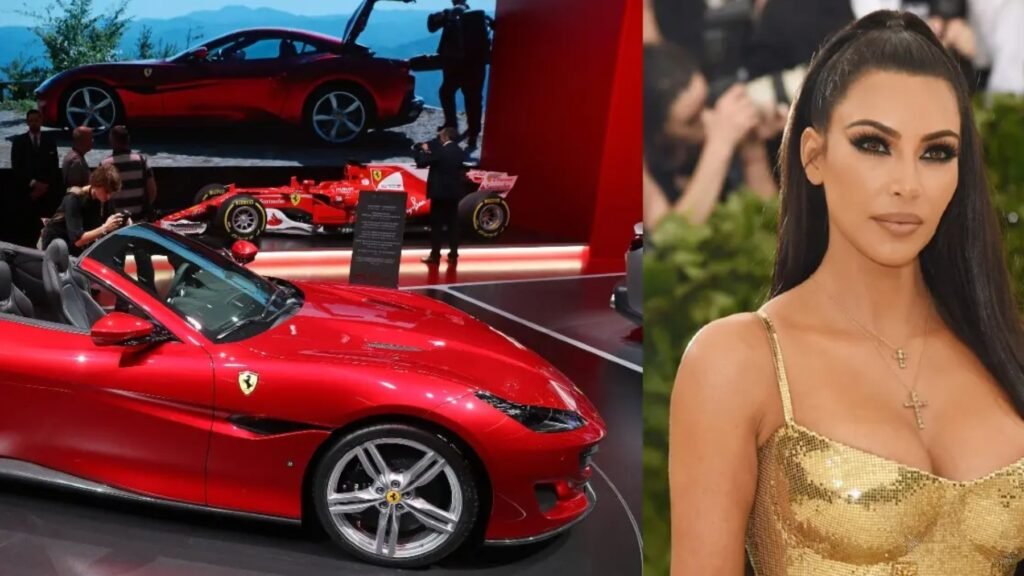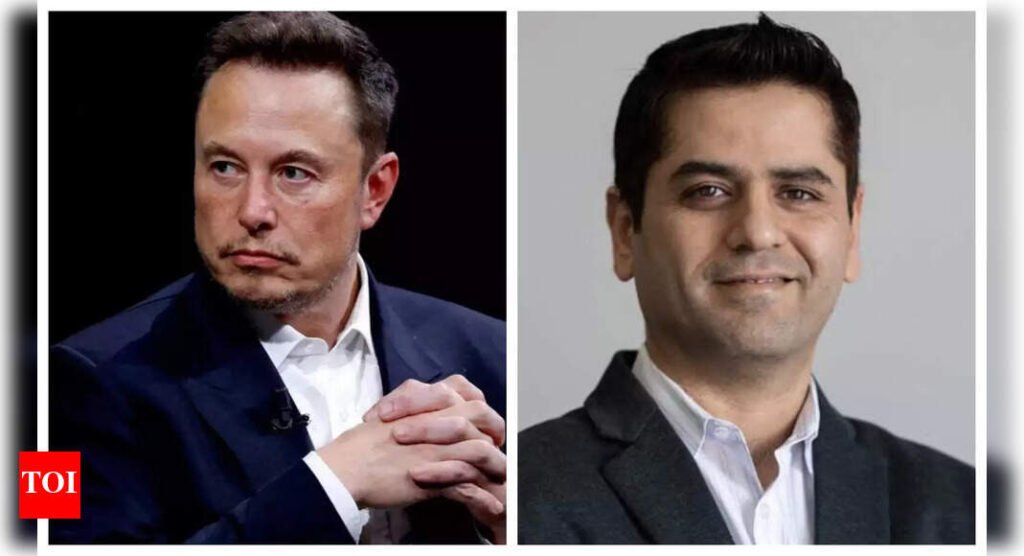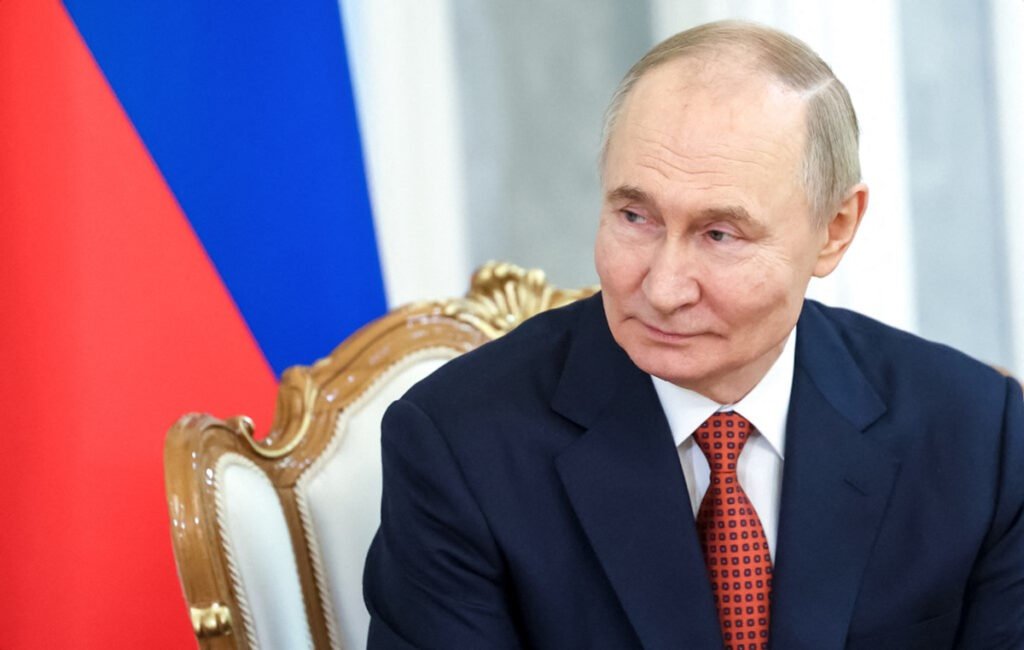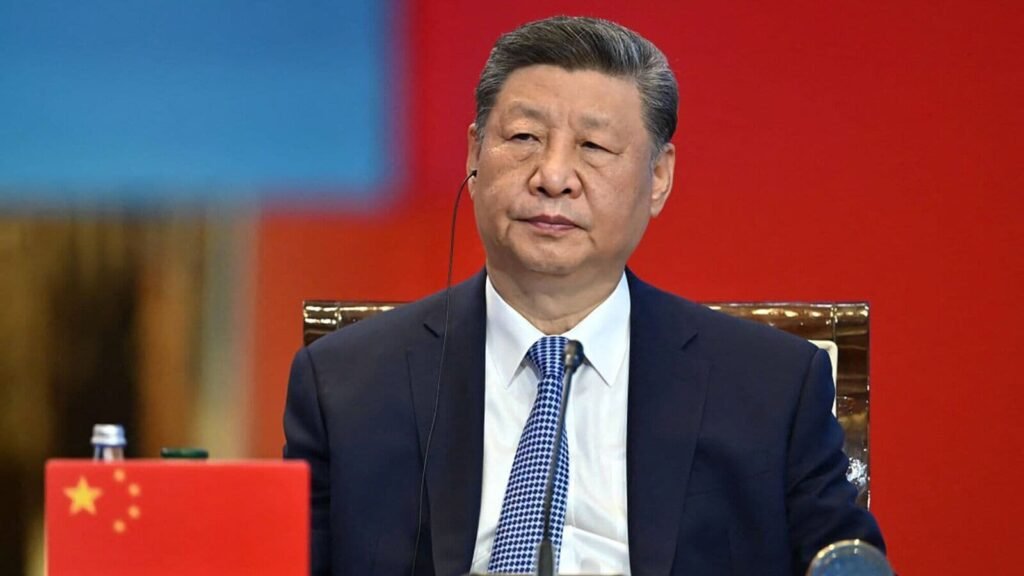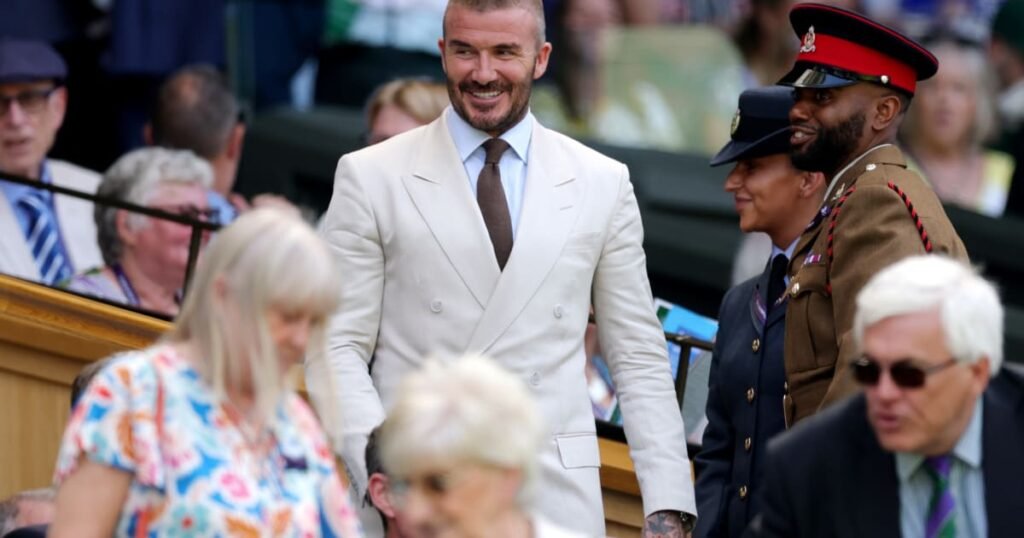The Brics bloc of developing nations likes to boast that it represents nearly half the world’s population, but its annual summit this weekend in Brazil will highlight a major drawback of its fast expansion: the difficulty of reaching agreement.
The bloc — comprised until 2023 of Brazil, Russia, India, China and South Africa — has more than doubled in size, as Saudi Arabia, Egypt, Iran and others took its membership from five countries to 11. Some new members have injected fresh divisions into the Brics, which was already struggling for coherence and split between democracies and autocracies.
Around half the group’s leaders plan to skip the Rio de Janeiro summit, including two of the most prominent: Chinese President Xi Jinping and Russia’s Vladimir Putin.
While Putin is busy with the invasion of Ukraine, China has given no explanation for Xi’s absence, throwing a question mark over the event and its ability to make meaningful agreements. His number two, Premier Li Qiang, is set to attend in his stead.
Heightened Middle East tensions mean the leaders of Egypt, Saudi Arabia, the UAE and Iran are not expected to come.

The Brics acronym was coined by Lord Jim O’Neill, then chief economist at Goldman Sachs, in a 2001 paper about the power of the world’s emerging economies. Brazil, Russia, India and China later moved to create a forum for co-operation, leading to a summit in 2009. South Africa joined in 2011.
Concerns over the bloc’s unwieldy new membership surfaced at a Brics foreign ministers meeting in April. Attendees failed to agree a statement, as tensions flared over who should hold a putative future African UN security council seat.
The first five Brics had previously edged towards suggesting it should go to South Africa. But new members Ethiopia and Egypt disliked that idea.
“You import tensions into Brics by adding these new members,” said Oliver Stuenkel, an associate professor at the School of International Relations at the Fundação Getúlio Vargas think-tank in São Paulo.
Some Brics nations, meanwhile, are pursuing other foreign policy paths. India is bolstering defence and trade ties with western democracies. It has recently agreed trade pacts with the UK and Australia, and is in talks with the EU and the US, the latter in an attempt to fend off President Donald Trump’s threat of a 26 per cent tariff on Indian goods.
India and the US have also stepped up their ties on defence, technology and science in recent years as an anti-China bulwark.
“For India, Brics is the plan B when there are questions about the reliability of partners elsewhere,” said Constantino Xavier, a senior fellow at the Centre for Social and Economic Progress, a think-tank in New Delhi. “The Chinese and particularly the Russians are taking the Brics over, and India knows it has lost influence.”
Host nation Brazil is hoping to steer the gathering towards less controversial areas. These include initiatives on infectious diseases, discussions on artificial intelligence and — with one eye on Brazil’s hosting of the annual UN climate summit in November — funding for green energy.
Mindful of the need to avoid provoking an unpredictable US president, diplomats say the Brics statements are likely to skirt controversial topics that could trigger Washington’s ire. A recent statement by the bloc expressed “grave concern over the military strikes” against Iran, but avoided mentioning the US or Israel.
Before the weekend a sticking point in negotiations over the leaders’ statement was the conflict between Iran and Israel, with Tehran pushing for a harder position, according to a person with knowledge of the matter. Other impasses in the talks related to reform of the UN Security Council and the issue of Palestine, though there was optimism that a consensus would be reached, they added.
At a meeting of the New Development Bank, a multilateral lender founded by the Brics, Brazilian president Luiz Inácio Lula da Silva raised the topic of a “new trade currency”. President Trump has warned the group’s members of steep tariffs if they create an alternative to the US dollar.
Indian Prime Minister Narendra Modi is due to attend the Rio summit but Xi’s absence will hang over the meeting. Keen to downplay the impact, Brazilian diplomats point out that Xi attended Brazil’s G20 summit in Rio less than eight months ago and that Lula met him in Beijing only in May.
But in Beijing, Xi’s non-attendance has sparked speculation over whether his health is up to the long trip or whether he has other undisclosed commitments.
Filling the room instead will be 10 new Brics “partner nations”, a category created last year in part to allay Indian and Brazilian concerns about accepting new members too quickly. They include Belarus, Cuba and Bolivia, as well as Asean nations Vietnam, Thailand and Malaysia.
For China, whose struggling economy is heavily dependent on exports for growth, the main goal will be to win support for the rules-based multilateral trading system in the face of growing US protectionism.
“If the Brics can produce some sort of co-ordinated economic response or statement that would be a very real achievement,” said Zhu Feng, professor of international relations at Nanjing University.
But another Chinese scholar, who did not wish to be named discussing sensitive issues for the Chinese leadership, said the increasingly fractured nature of the Brics made its ability to produce such outcomes less and less likely.
“Rather than working together to beat America,” he said, the Brics members had all “accepted US unilateralism” and were engaged in one-to-one talks with Washington, in some cases, such as Vietnam, at China’s expense.


